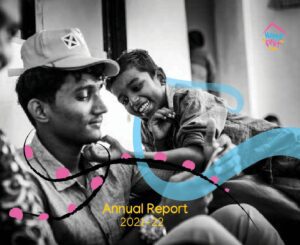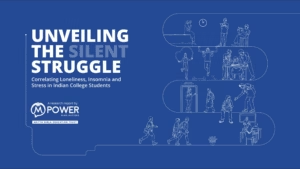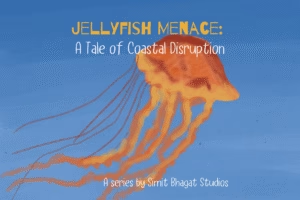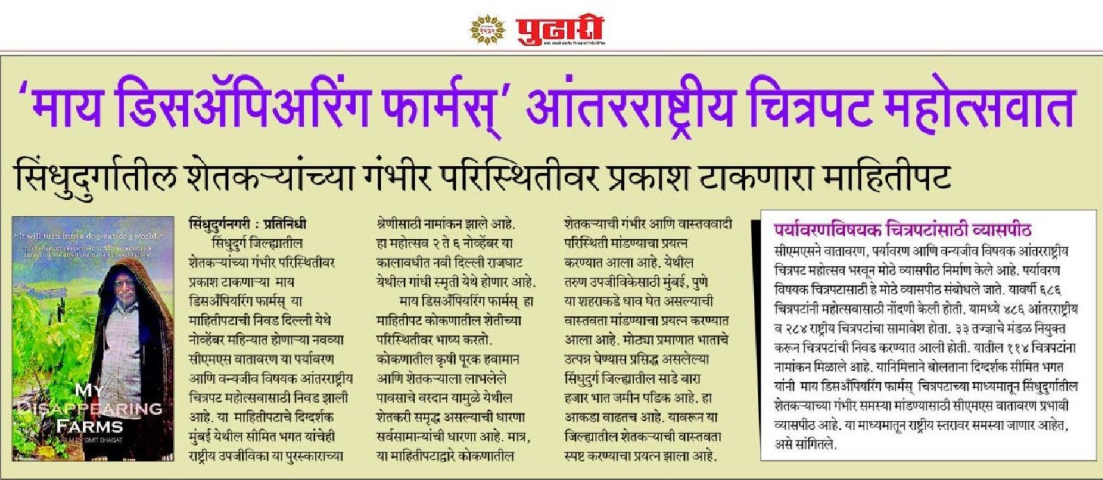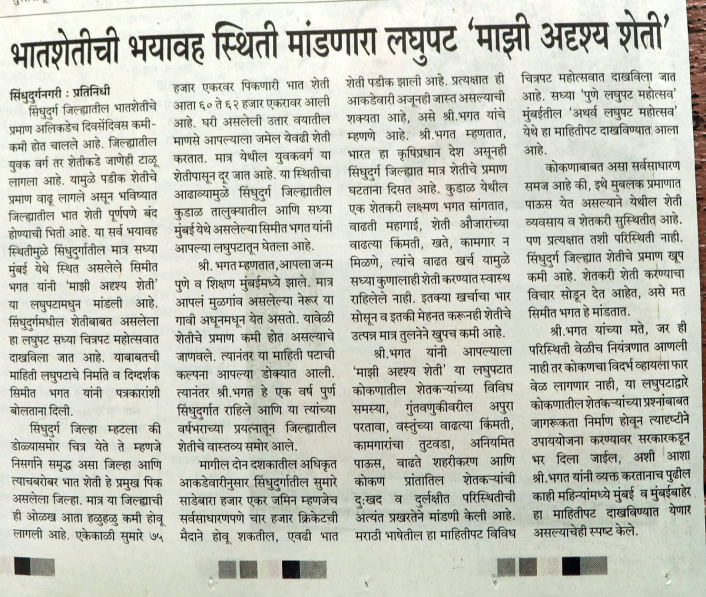The International Rice Research Institute (IRRI) works to improve food security and agricultural sustainability through rice research.
To shine a light on the role of women in water governance in Bangladesh, IRRI teamed up with Simit Bhagat Studios to create a 12-page illustrated storybook. This visual narrative aimed to raise awareness and advocate for women’s rights in water management.
Creating the Illustrated Storybook
Our journey started with rough content from IRRI, which included important facts and information. We first organised this content into a clear and engaging script.
With the script ready, we began brainstorming visuals for each line. We developed rough sketches to plan the style and layout of the booklet, aiming to make it both informative and visually appealing.
One challenge was to represent Bangladesh’s diverse population while keeping a unified look. It was important that each character reflected the people of the country while still fitting into the design.
During the design process, we tried different styles to make the illustrations realistic and relatable. These adjustments helped ensure the visuals were authentic and engaging.
Disseminating the Illustrated Storybook
IRRI’s research showed that women’s involvement in water governance in coastal Bangladesh was very low, despite a 30% quota. Cultural norms, limited resources, and heavy domestic duties were major barriers.
IRRI used the storybook to connect with policymakers, government officials, and the wider community to address this issue.
‘Policymakers often don’t have time to read long reports, so they find the short illustrated storybook engaging and insightful,’ said Mou Rani Sarker, Assistant Scientist (Gender Research), IRRI.
To communicate these findings effectively, IRRI shared the storybook in both English and Bengali, making sure it was accessible to the local community.
‘Policymakers often don’t have time to read long reports, so they find the short illustrated storybook engaging and insightful.’
The positive feedback highlighted the impact of the project. It raised awareness of the challenges faced by women in polder areas and reached a broader audience.
Looking Back: The Impact of Visual Storytelling
This project revealed the barriers women face in decision-making roles in Bangladesh. The illustrated storybook helped educate communities about women’s roles in governance. It also showed how visual storytelling can make complex information more relatable.
By creating this illustrated story, we were able to inform and inspire action among both the public and policymakers. The success of this project proved the power of visual storytelling in driving social change.
Let’s Tell Your Story
At Simit Bhagat Studios, we believe in the power of storytelling. If your nonprofit has a story to tell, let’s work together to create an illustrated story that connects with your audience and inspires change. Reach out to us here.


